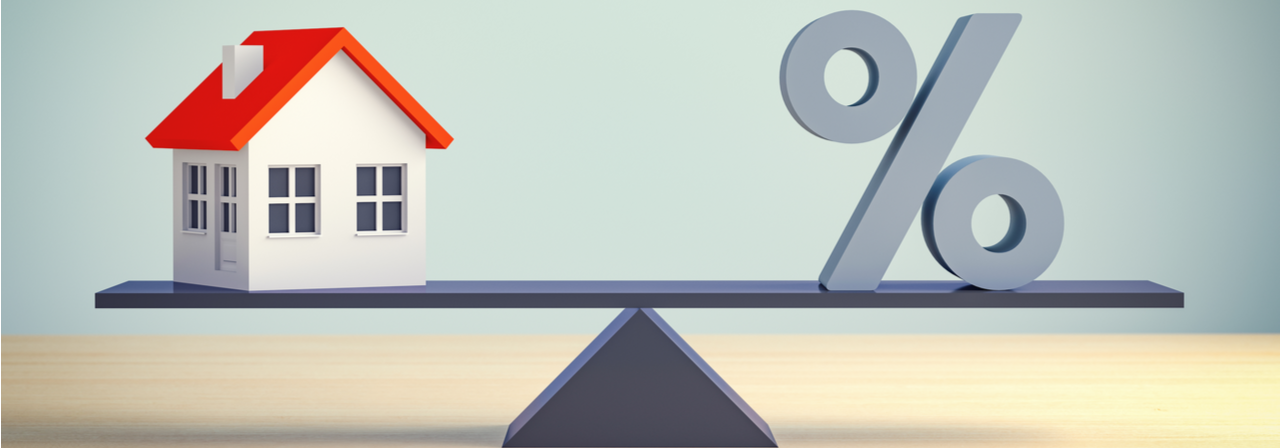As a first-time homebuyer, you’re likely going to be faced with plenty of questions as you move closer and closer to closing and moving into your new home. Perhaps one of the biggest decisions you’ll make is with regards to the term on your new home mortgage. In almost any situation, you’ll have the option of a 15-year or 30-year note which sounds like a big difference because it is!
When it comes to choosing between a 15-year and 30-year mortgage, there are distinct advantages and disadvantages of each and the direction you go will be a personal financial decision. Let’s dive into which mortgage term is right for you.
Mortgage Terms in a Nutshell
In general, loans are mostly crafted the same way. The longer the term, the higher the interest rate, and the lower the payment. On the other hand, the shorter the term, the lower the interest rate, and the higher the payment.
For a 15-year mortgage, for example, you’ll have a higher payment, pay less interest over time, and have your loan note paid off sooner whereas a 30-year mortgage will see you with a lower payment, more interest during the lifetime of the loan, and a naturally longer payoff time. Knowing this, you’ll have to choose whether or not you’ll take the long-term savings in interest or the long-term savings in payments.
Pros and Cons of a 15-Year Mortgage
We’ve already touched on it, but a 15-year mortgage means you’ll pay off your home in half the time of a 30-year mortgage with a considerably lower interest rate. In the end, you’ll pay more towards your principal faster than you would with a 30-year note.
On the other hand, 15-year mortgages come at a higher per-month price. For many new homebuyers, with budgets already pretty tight, 15-year mortgages can put you in a bit of a financial bind or at least stretch your finances more than you’re comfortable with. As enticing as a 15-year payoff may sound, it can also get you in trouble should an emergency come up such as a sudden loss of a job, major repair, or other financial hiccups.
Pros and Cons of a 30-Year Mortgage
30-year mortgages often come as a more appealing option to new homebuyers since they come with a much lower monthly payment. Of course, many of your first few years will focus on paying interest and potentially private mortgage insurance, but you’ll have more flexibility with your other finances including the option to pay an additional amount of principal each month.
Naturally, the downside of 30-year mortgages is the longer payoff period and higher interest rate. You’ll need to evaluate your personal finances in-depth to determine if the longer-term, larger interest payment over time and higher interest rate will work for you and your family. On another more positive note, you can always start with a 30-year mortgage and refinance in order to either lower your payment further or convert to a 15-year term if your financial situation changes.
Regardless of if you choose a 15-year or 30-year mortgage, if you apply now and get pre-qualified then you can take advantage of some historically low rates. If you’re already a homeowner and want to refinance or are looking for your new home, then contact Tidewater Mortgage Services, Inc. today!


